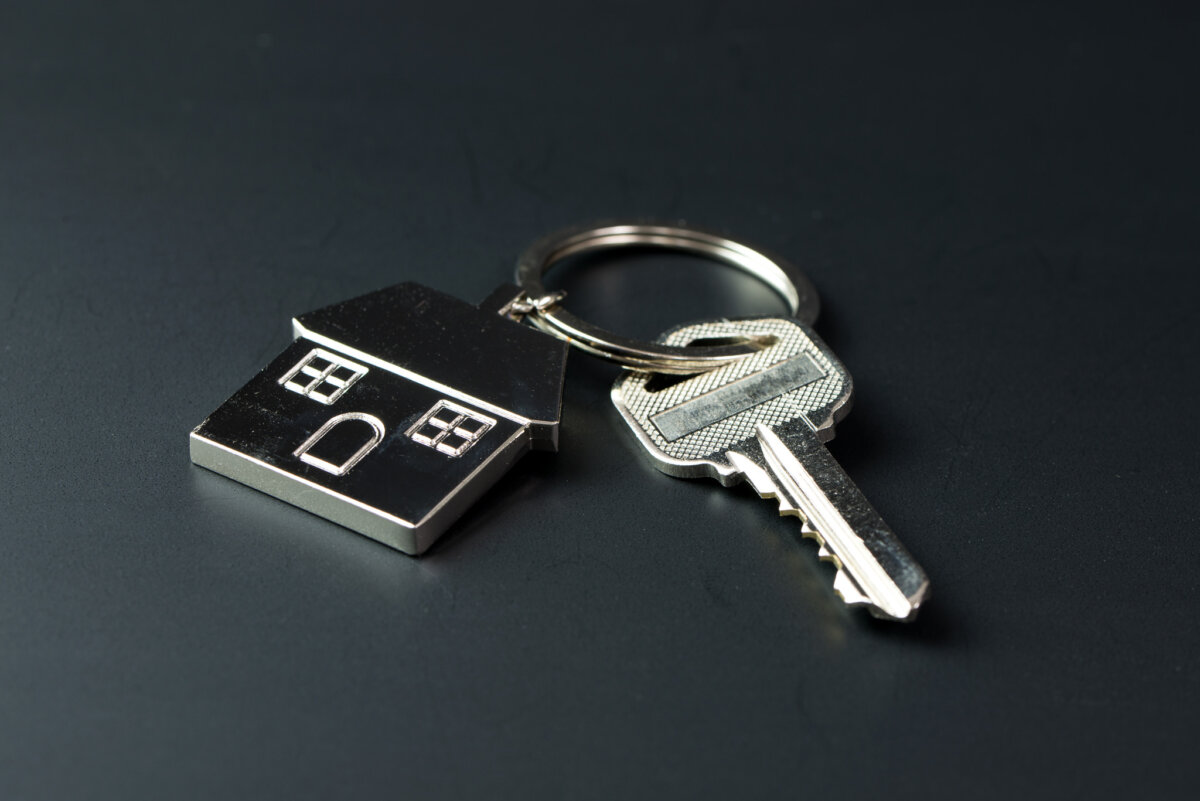A second mortgage is a financial tool that allows homeowners to borrow against the equity in their property, often to consolidate debt, finance home improvements, or cover other major expenses. “second mortgage” refers to a secondary loan placed on the property already secured by the first mortgage. This article will explore the concept of a second mortgage in the title, its pros and cons, and important considerations for homeowners.
Understanding a Second Mortgage
A second mortgage is a loan secured by your home but is subordinate to the first mortgage. If you default on the loan and the property is sold, the first mortgage lender will be paid off first, and the second mortgage lender will only receive payment after the first lender’s claim is settled.
Second mortgages come in two primary forms:
- Home Equity Loans (HEL): These are lump-sum loans repaid over a fixed term with a set interest rate.
- Home Equity Lines of Credit (HELOC): These offer a revolving line of credit, similar to a credit card, where homeowners can borrow up to a specific limit as needed. Interest rates on HELOCs are often variable.
How a Second Mortgage in Title Works
When you take out a second mortgage, your property will have two liens (legal claims) against it: the first mortgage and the second mortgage. Both liens are placed on the property’s title, meaning the lenders have legal rights to the home if the borrower defaults.
- First Mortgage vs. Second Mortgage: The first mortgage, often used to purchase the home, takes priority over the second mortgage. If the home is sold or foreclosed upon, the first mortgage lender will be paid off first. The second mortgage lender will only receive payment if enough equity is left after the first mortgage is satisfied.
- Equity in the Property: Equity refers to the difference between your home’s current market value and the amount you owe on your mortgage(s). For example, if your home is worth $300,000 and you owe $150,000 on your first mortgage, you have $150,000 in equity. A second mortgage is typically based on a percentage of this equity.
- Title in the Mortgage Process: The term “in title” refers to the fact that the lender’s interest in your home is recorded on the title of your property. The first and second mortgages are recorded as liens on the property title with the appropriate legal and financial authorities.
Reasons for Taking a Second Mortgage
Second mortgages can give homeowners access to extra cash, often at a lower interest rate than other forms of unsecured borrowing, such as credit cards or personal loans. Here are some common reasons why homeowners may choose to take out a second mortgage:
- Home Improvements: Many homeowners use second mortgages to fund renovations or improvements to increase the value of their property.
- Debt Consolidation: A second mortgage can consolidate high-interest debt, like credit card balances or personal loans, into a single, more manageable loan with a lower interest rate.
- Education Expenses: Some homeowners take out second mortgages to cover tuition or other education-related costs for themselves or their children.
- Major Life Events: Second mortgages sometimes fund weddings, medical bills, or other major life events requiring significant financial resources.
- Emergency Fund: Homeowners facing financial difficulties may use a second mortgage as a temporary solution to cover emergency expenses.
Benefits of a Second Mortgage
- Lower Interest Rates: Second mortgages generally offer lower interest rates than credit cards and personal loans. The interest on a second mortgage may also be tax-deductible if the loan is used for home improvements.
- Access to Large Sums of Money: A second mortgage can provide access to a large sum of money, which can be helpful for significant expenses or large projects.
- Flexibility with Loan Type: Home equity loans provide a lump sum with a fixed interest rate. HELOCs offer flexibility in borrowing and repayment, similar to a credit card.
- Potential for Increased Property Value: Using a second mortgage for home improvements can increase the value of your property, especially if the upgrades are substantial and raise the home’s market appeal.
Risks and Drawbacks of a Second Mortgage
While second mortgages can offer advantages, they also come with risks and drawbacks that homeowners must consider before taking the plunge:
- Risk of Foreclosure: Failure to repay a second mortgage can lead to foreclosure since your home secures the loan. If you miss payments or default on the loan, the lender could take possession of your property.
- Higher Monthly Payments: Taking out a second mortgage adds another monthly payment to your financial obligations. Depending on the size of the loan and the interest rate, this can significantly increase your monthly expenses.
- Interest Rates: While second mortgages typically offer lower rates than unsecured loans, they often have higher interest rates than first mortgages, especially if you have less equity in your home or a less-than-ideal credit score.
- Reduced Equity: When you take out a second mortgage, you reduce your home’s equity. If property values decline or you need to sell your home quickly, having a second mortgage can complicate the sale and leave you with little to no profit.
- Impact on Credit: While a second mortgage can improve your credit score if used responsibly, missing payments or taking on too much debt can hurt your credit rating.
Key Considerations Before Getting a Second Mortgage
- Evaluate Your Financial Situation: Before taking out a second mortgage, assess your financial situation. Ensure you can afford the additional payments and are not taking on more debt than you can handle.
- Consider the Loan Terms: Compare lenders’ interest rates, fees, and repayment terms. A lower interest rate can save you money in the long term, but be mindful of hidden fees or unfavorable terms.
- Consult with a Financial Advisor: If you are uncertain whether a second mortgage is right, consult a financial advisor or broker. They can help you assess your options and make the best decision.
- Understand the Risks of Borrowing: Remember that taking out a second mortgage means putting your home at risk. Ensure you have a solid plan for repaying the loan and managing your financial obligations.
Conclusion
A second mortgage in the title can be a valuable financial tool for homeowners seeking to leverage the equity in their property. It can access needed funds for various purposes, from home improvements to debt consolidation. However, it is essential to understand the risks involved, including the potential for foreclosure and the impact on your financial stability. Before proceeding, homeowners should carefully consider their economic situation, weigh the benefits and drawbacks, and consult with experts to ensure that a second mortgage is the right choice.
Learn more about our comprehensive title insurance services here.
Thank you for reading! If you enjoyed this article and want to explore more content on similar topics, check out our other blogs at Sonic Loans, Sonic Realty, and Sonic Title. We have a wealth of information designed to help you navigate the world of real estate and finance. Happy reading!
How Economic Changes Impact the Title Insurance Industry
Market Trends Affecting Title Insurance Rates
Digital Closings: The Future of Real Estate Transactions
The Impact of Blockchain on Title Insurance
How Remote Online Notarization Is Changing Home Closings
Understanding Quiet Title Actions: When and Why They’re Necessary
The Legal Process of Clearing Title Issues
Liens and Encumbrances: What Every Homeowner Should Know in 2025
Understanding Easements: How They Affect Your Property Rights











